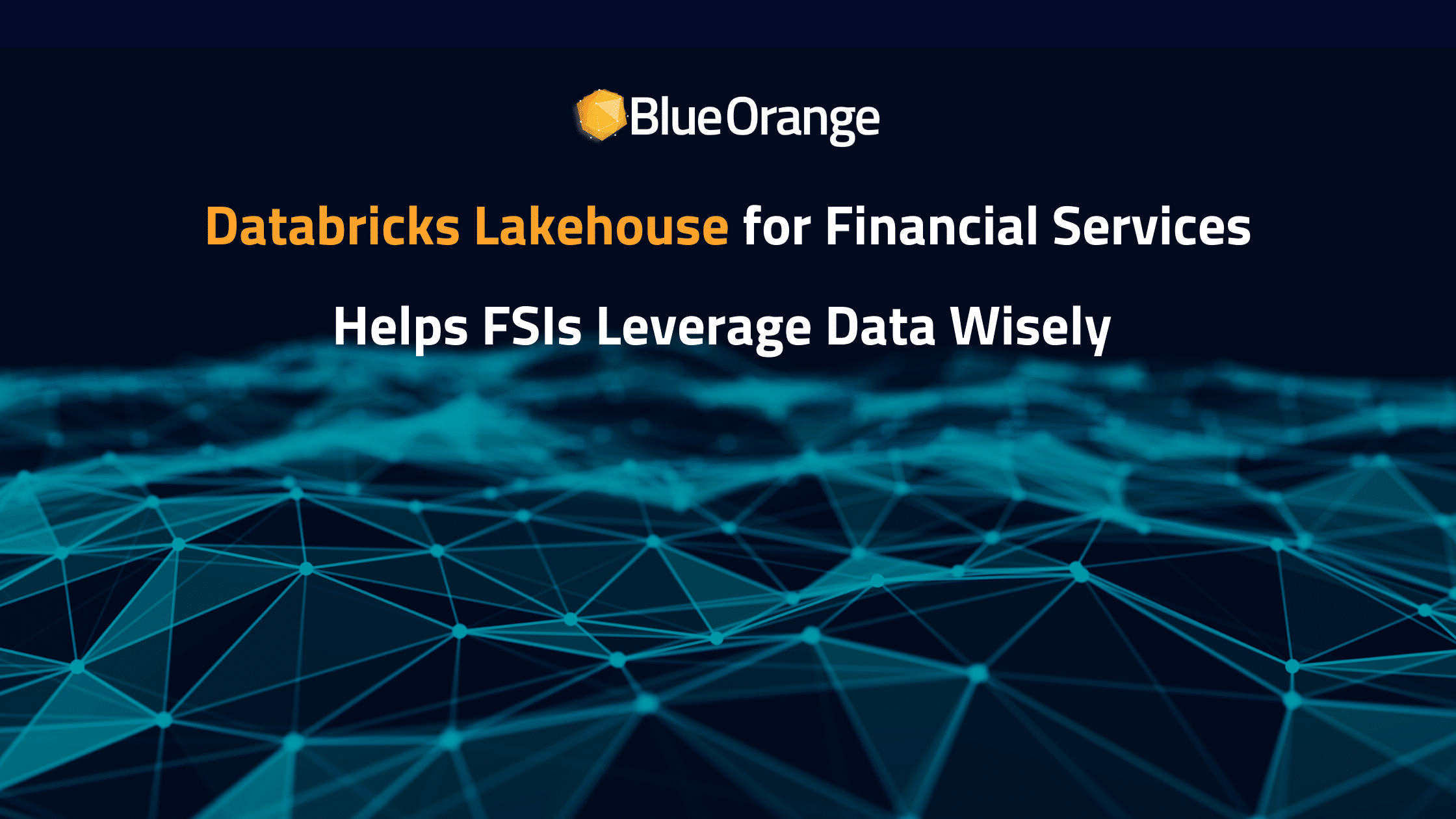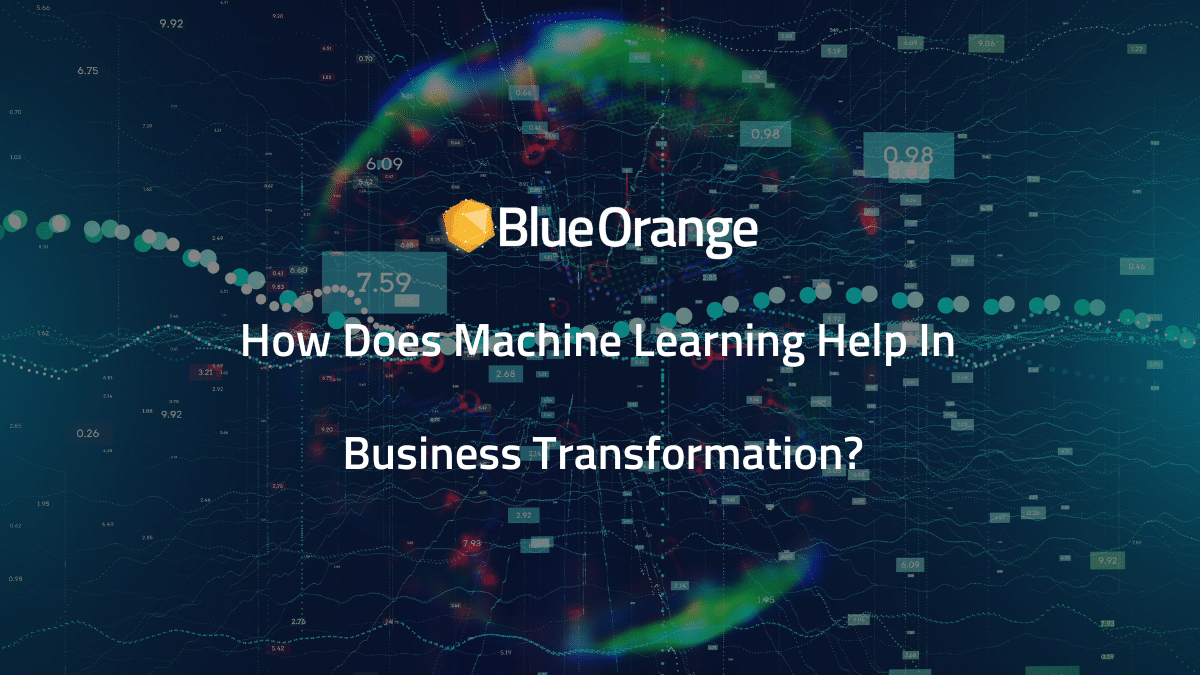Your data knows you best, let it find your dream home.
The real-estate industry sits on tons of data that goes unused every year. In this article, we discuss how advanced technologies are helping real estate investors, brokers, and companies utilize the mass amount of information within the industry to help people find their dream homes.
In 2017, a Field Actions Science Reports article addresses the impact of AI, machine learning, and predictive analytics on the real estate sector:
“The practice of AI-powered Urban Analytics is taking off within the real estate industry. Data science and algorithmic logic are close to the forefront of new urban development practices. How close? is the question — experts predict that digitization will go far beyond intelligent building management systems. New analytical tools with predictive capabilities will dramatically affect the future of urban development, reshaping the real estate industry in the process.”
Fast forward to 2020: leaving hype traps behind, we acknowledge the transformative effects of data literacy, digitalization strategies, and technology advancements. Predictive analytics, machine learning, and AI-powered applications are still leading innovation in a variety of industries, well beyond the real-estate sector. From the most boring ML applications to the most interesting NLP & OCR automation efforts, industry leaders have learned to leverage these powerful tools to their advantage.
Today we catch up with 3 real-estate use cases. They are meant to illustrate how modern software stacks and intuitive interfaces interplay with Machine Learning and data engineering to create unique products and services.
Home buying processes
Today’s real estate market poses an interesting machine learning challenge: is there a formula for matching the right home-buyers with the right properties at the right prices? Seeking to build accurate home matching and discovery services is what keeps researchers and industry professionals on their toes. With huge data volumes available to them, and inspired by high accuracy of online recommender systems (Netflix, anyone?), home matching engines are seeing constant development, even in the not-so-technically-inclined real estate sector.
Orchard is a broker that leverages modern tech tools to improve home discovery services. By using machine learning algorithms, they come up with an answer to the most pressing question that home buyers ask: “What does my dream house look like?”. Additionally, algorithms may help them answer a follow-up question: “Which compromises are I (not) willing to make?”.
Co-Founder and Chief Product & Marketing Officer, Phil DeGisi clarifies:
“Home Match is the first-ever home search algorithm that lets people choose the features that matter most to them. We ask buyers a series of questions about what they value and consider “must-haves” and “nice to haves” in a home – such as a kitchen island, pool in the backyard, and commute time within seconds. Orchard assigns a personal match score to every home in the search area. ”
Like this, the buyers are matched to legitimate house buying opportunities and the entire process becomes easier for all parties involved.
Users of house matching systems get to enjoy an experience characterized by increased personalization and usability. Search results are ranked according to their profiles and easy-to-use, interactive interfaces replace plain old real estate catalogs.
“Orchard has also developed another industry-first, Photo Switch, which takes these personalized search results and displays them in a more visually useful and personalized way. To do this, Orchard created a machine-learning model to scan photos of every home on the market and determine which rooms are in each photo. This feature is the first of its kind and lets users easily compare their “must-haves” all at once. Whether it’s a chef’s kitchen, a fenced-in backyard, or a cozy living room, home-buyers can now view each room side-by-side in one browser, with the click of a single button.”
Such functionality is only possible due to the seamless interplay of modern tech tools. Web platforms, virtual reality SDKs, image processing algorithms as well as machine learning frameworks all contribute to create a unique real estate experience.
See also:
Commercial real estate valuations
Another crucial step in commercial real estate is property valuation. Automated Valuation Models are as old as the industry itself, given the task of evaluating properties and establishing pricing schemes. Traditionally, these models were mostly based on historical sales data. However, models relying on past behavior only are missing out on a lot of other data sources.
Predictive analytics and modern data collection infrastructures are built to integrate external data sources and train algorithms based on heterogeneous data types. Instead of using a single data type that offers a limited perspective on a property, unified data architectures offer a 360-degree view and integrate external data sources: market demand, macroeconomic data, rental values, capital markets, jobs, traffic, etc. Since there are no hard limits to the data that can be used by a property valuation model, predictive analytics is a powerful tool available to real estate agencies.
Smart Capital offers such a modern solution to property valuation. They use predictive analytics for the valuation of real estate properties and promise to deliver a full report within one business day. Their CEO, Laura Krashakova, offers some insights into how they achieve this.
“The technology enables data processing and property valuation in real-time and gives individuals access to data previously available only to local brokers. Local insights such as the popularity of the location, amenities in the area, quality of public transport, proximity to major highways, and foot traffic are now readily available and are scored for ease of comparison.”
There are two aspects that make such a service possible in the first place: the ease of access and the possibility to deliver real-time insights. Mobile & web platforms make it easy for customers to access, upload, and visualize their data, regardless of their location. All that is needed is an internet connection. At the same time, predictive analytics frameworks are crunching data in real-time, at the speed of milliseconds. Once new data events occur, they are collected and included in the latest analysis report. No need to wait for time-consuming, intensive computations, since all of that computation can now happen almost instantly, in the cloud.
Once again, the interplay of modern technologies makes it possible to offer a seamless experience based on real-time insights. At the same time, the variety of external data sources becomes a guarantee for increased valuation accuracy. This saves time, money, and headaches for all parties involved.
Streamlined loan application processes
Another commercial real estate process that poses an interesting challenge is the loan application. A challenge not only for the confused homebuyers but for machine learning models as well. Credit approval models need access to all kinds of data, from personal information, to credit history, historical transactions, and employment history. Manually identifying and integrating all these data sources can quickly turn into a tedious, time-consuming, and annoying task. Moreover, manual processing comes with a high risk of erroneous entries throughout the application. These aspects have turned the manual loan application process into a bottleneck for real estate transactions.
If only some automated solution existed to take some of the pain away…
Beeline is a company focused on streamlining the loan application process. Their intuitive mobile interface guides buyers through loan applications in minutes. The entire process takes only 15 minutes and claims to save home buyers a lot of headaches. The way they do this is incredibly simple: their service connects to a variety of personal data sources (such as the bank, pay and tax info), uses natural language processing(NLP) to read and collect info, integrates and analyzes all the data in real-time. Like this, tedious and time-consuming processes are bypassed and home-buyers can enjoy streamlined loan application processes.
How is that possible, you’re wondering?
Their service is only possible by integrating a mobile-first experience, intelligent processing capabilities, as well as state of the art user design. Their loan guide is delivered via a chat interface, which gives the users an easy way to find answers to their questions. NLP algorithms are backing these interactions and help create a personalized experience.
At the same time, automated evaluation algorithms happen in the background, just as the buyer is filling in forms. This shows how automation is key to the success of their service. And the seamless interplay of tech tools is what makes this automation possible in the first place.
What’s next?
A powerful mix of tech trends is at the forefront of real estate innovation: increased data availability, advancements in data processing capabilities, and the ubiquity of machine learning algorithms. They all make it possible to tackle the most challenging applications, in an intelligent, automated, and error-free manner.
On top of that, cloud computing capabilities and modern storage architectures make it possible to extract insights from data in real-time, build complex predictive models, and integrate a variety of data sources. All this makes it possible to foresee the future, innovate, and keep a competitive advantage.

For more on AI and technology trends, see Josh Miramant, CEO of Blue Orange Digital’s data-driven solutions for Supply Chain, Healthcare Document Automation, and more.

Follow me on Twitter or LinkedIn. Check out my website.
Josh Miramant is the CEO and founder of Blue Orange Digital, a data science and machine learning agency with offices in New York City and Washington DC. Miramant is a popular speaker, futurist, and a strategic business & technology advisor to enterprise companies and startups. He helps organizations optimize and automate their businesses, implement data-driven analytic techniques, and understand the implications of new technologies such as artificial intelligence, big data, and the Internet of Things.
Featured on IBM ThinkLeaders, Dell Technologies, and CUInsight. Recognized as NYC’s Top 10 AI Development and Custom Software Development Agencies by Clutch and YahooFinance for his contributions to NLP, AI, and Machine Learning. Specializing in predictive maintenance, unified data lakes, anomaly detection, supply chain/grid/marketing/sales optimization, recommendation systems, among other ML solutions for a multitude of industries.
Visit blueorange.digital for more information and to view Case Studies.












